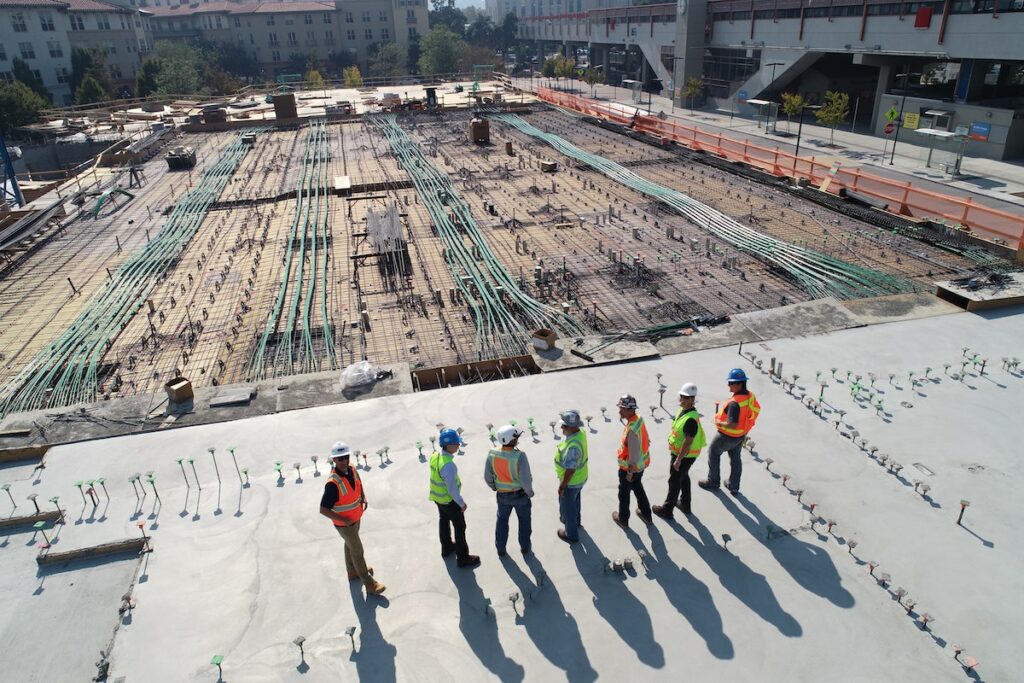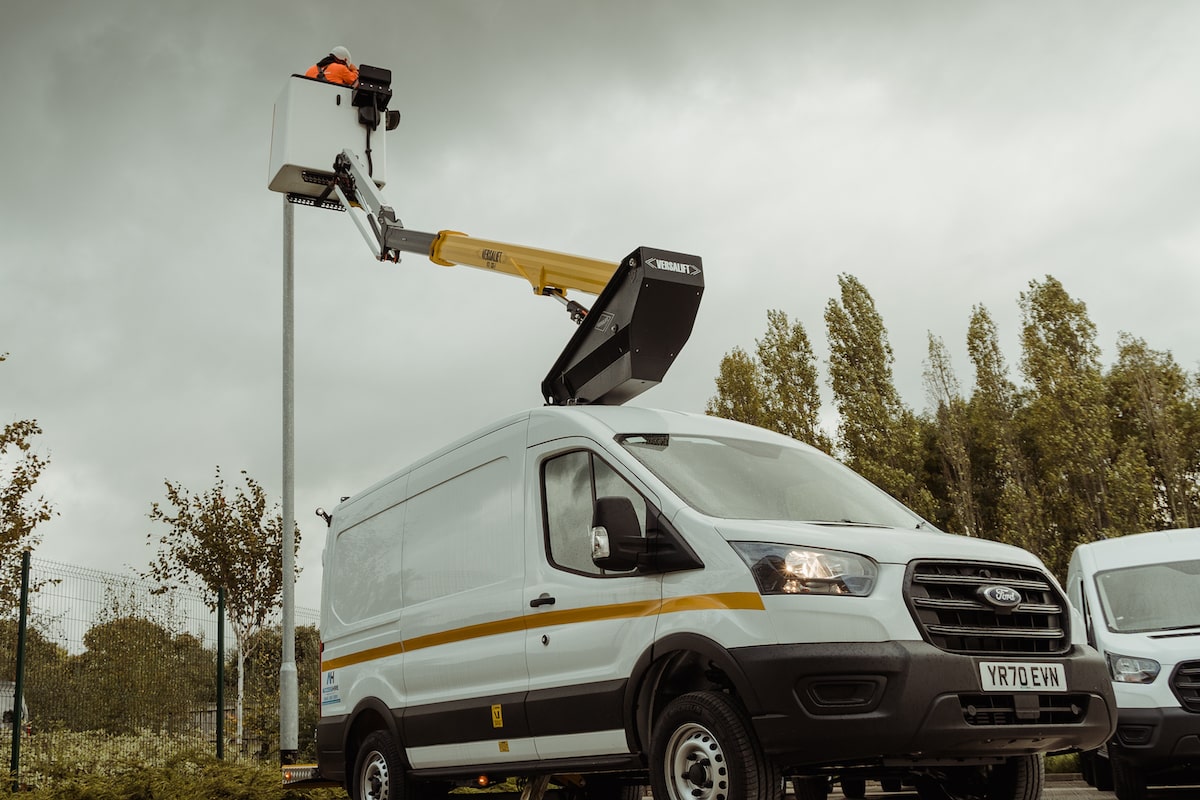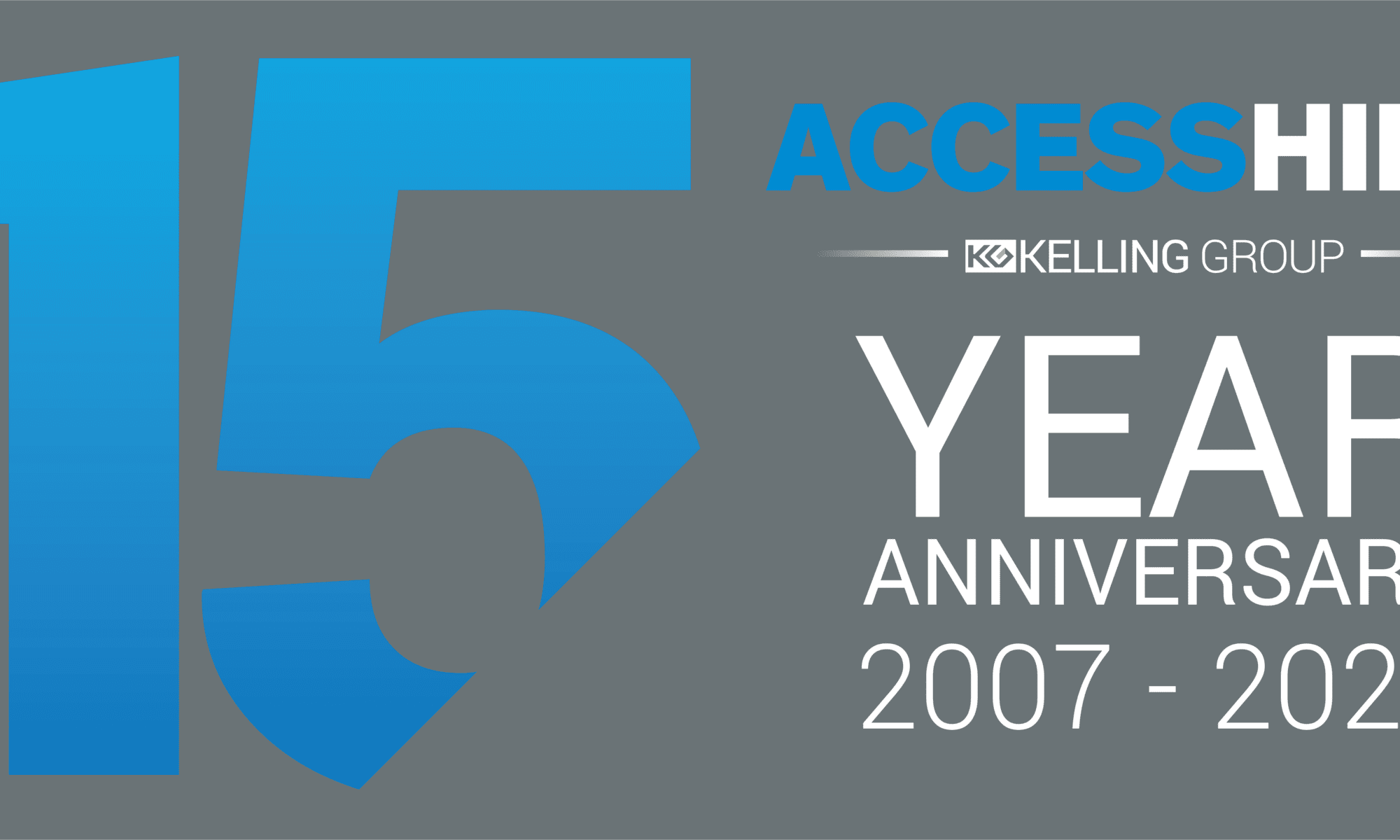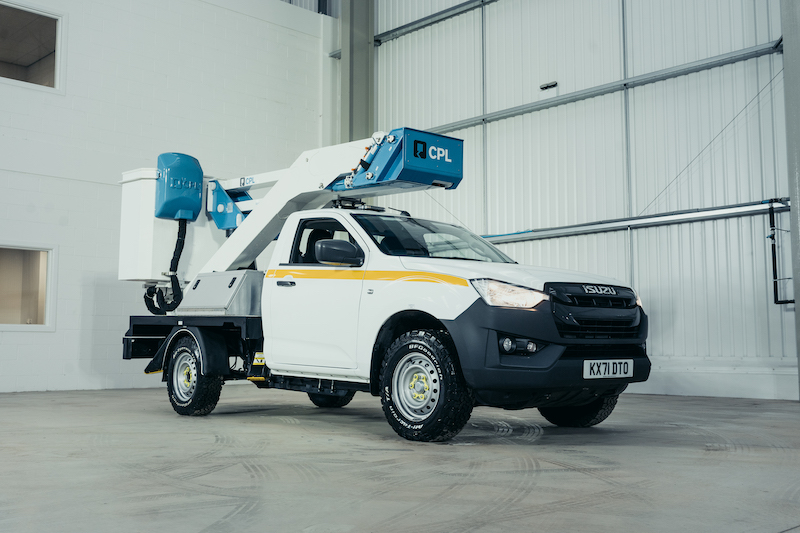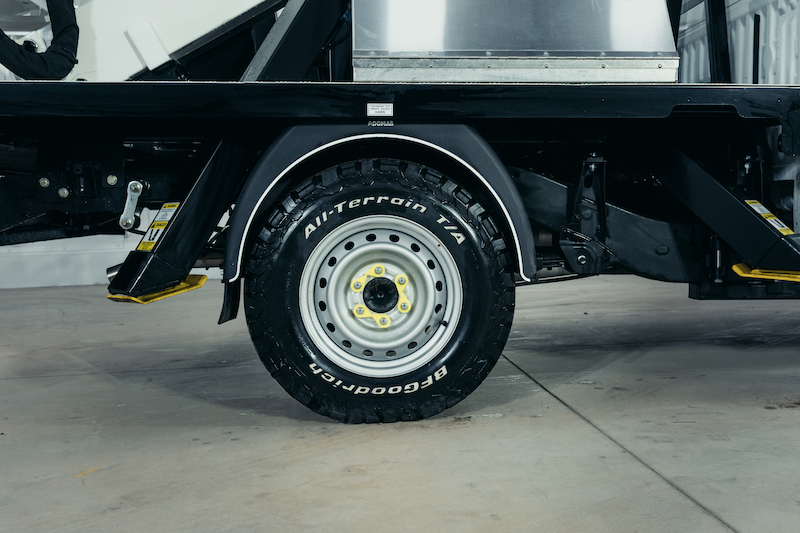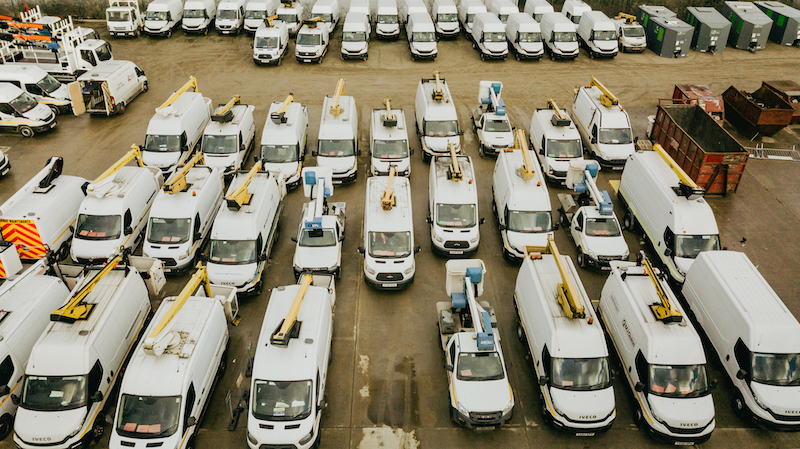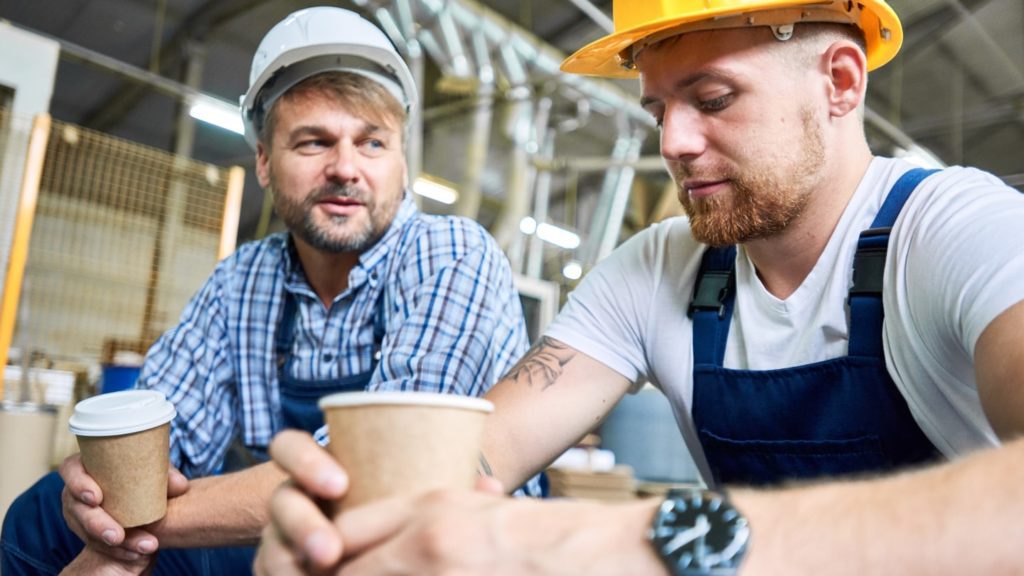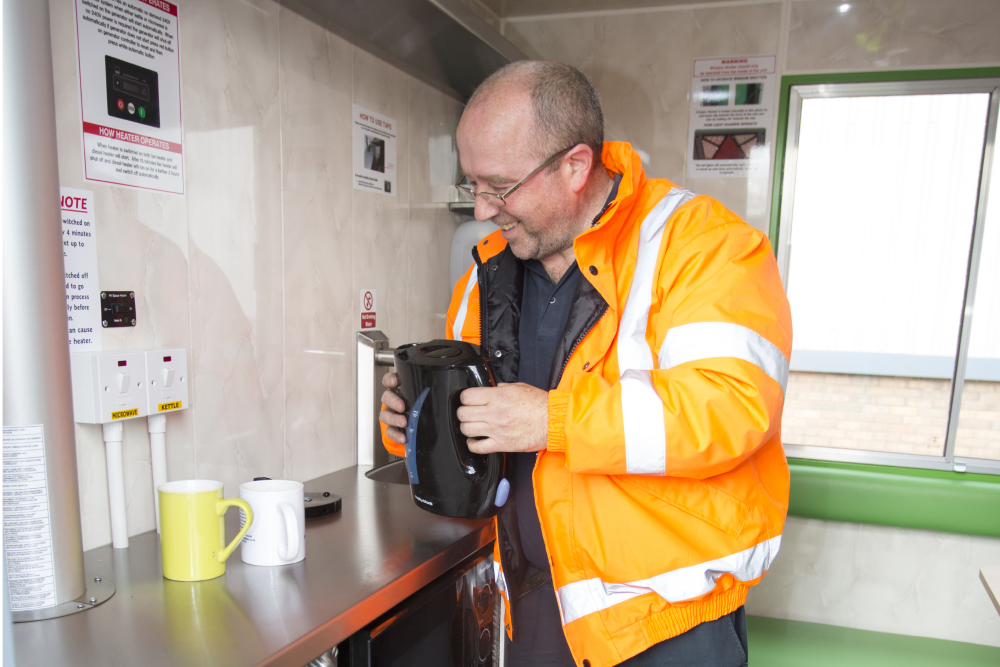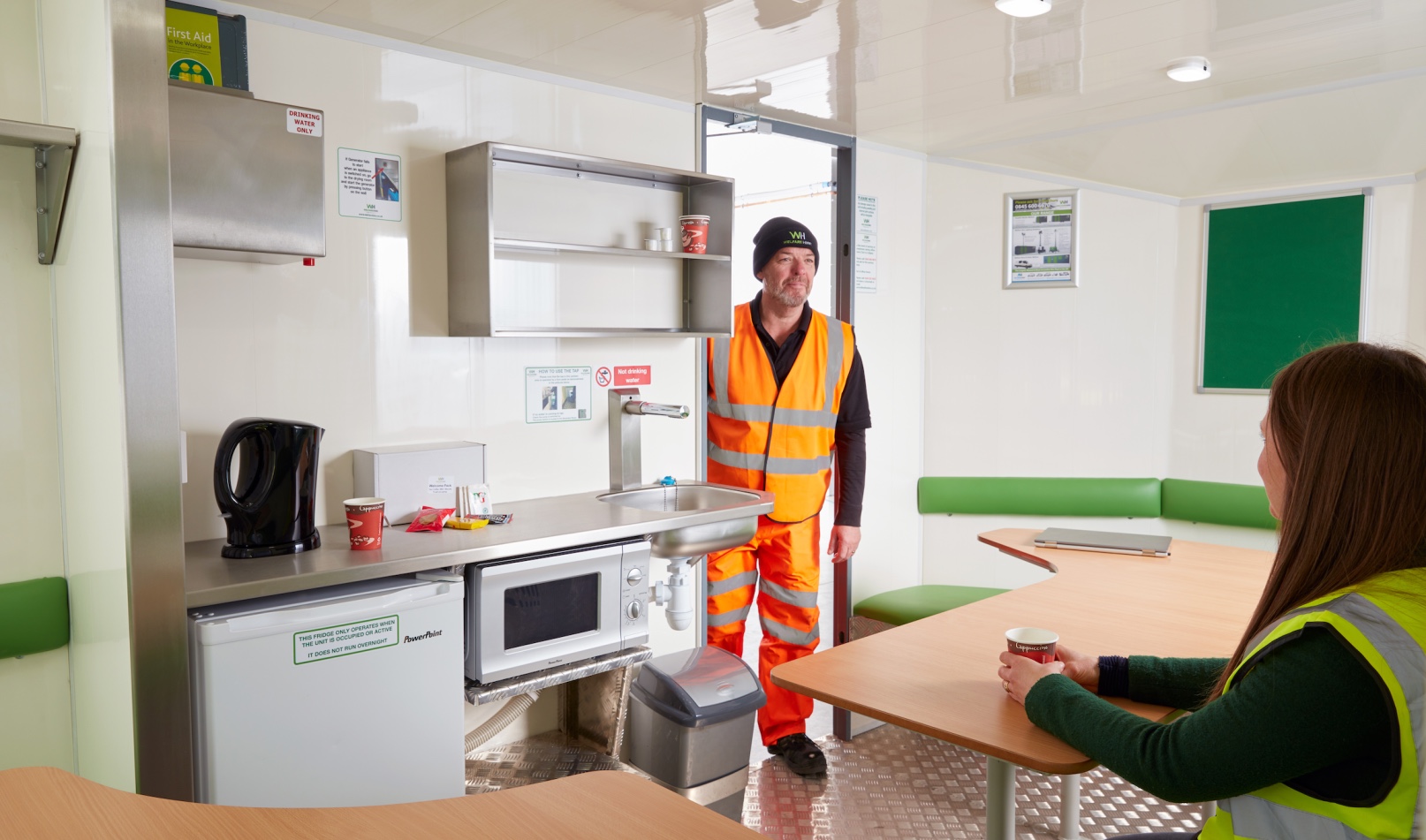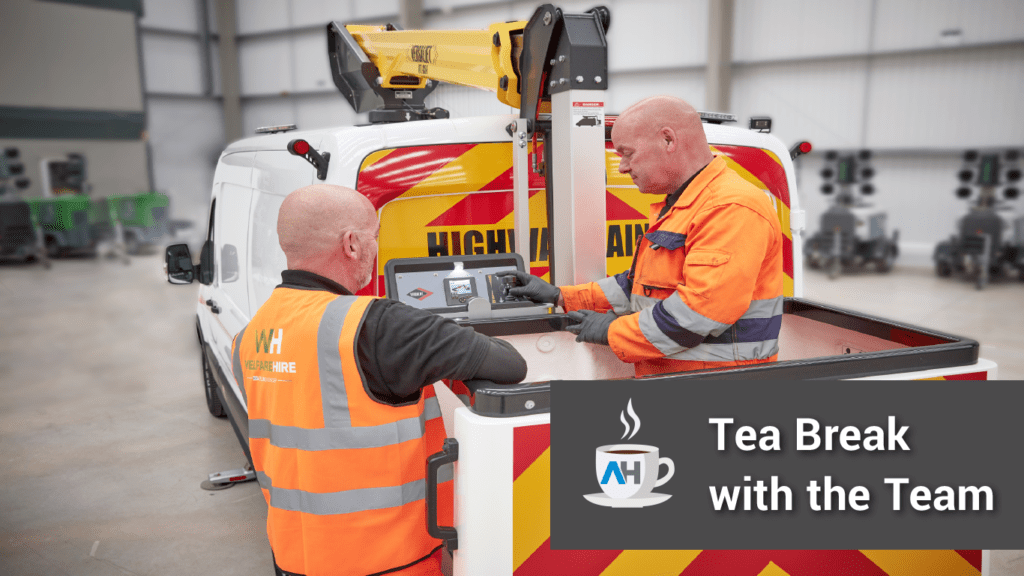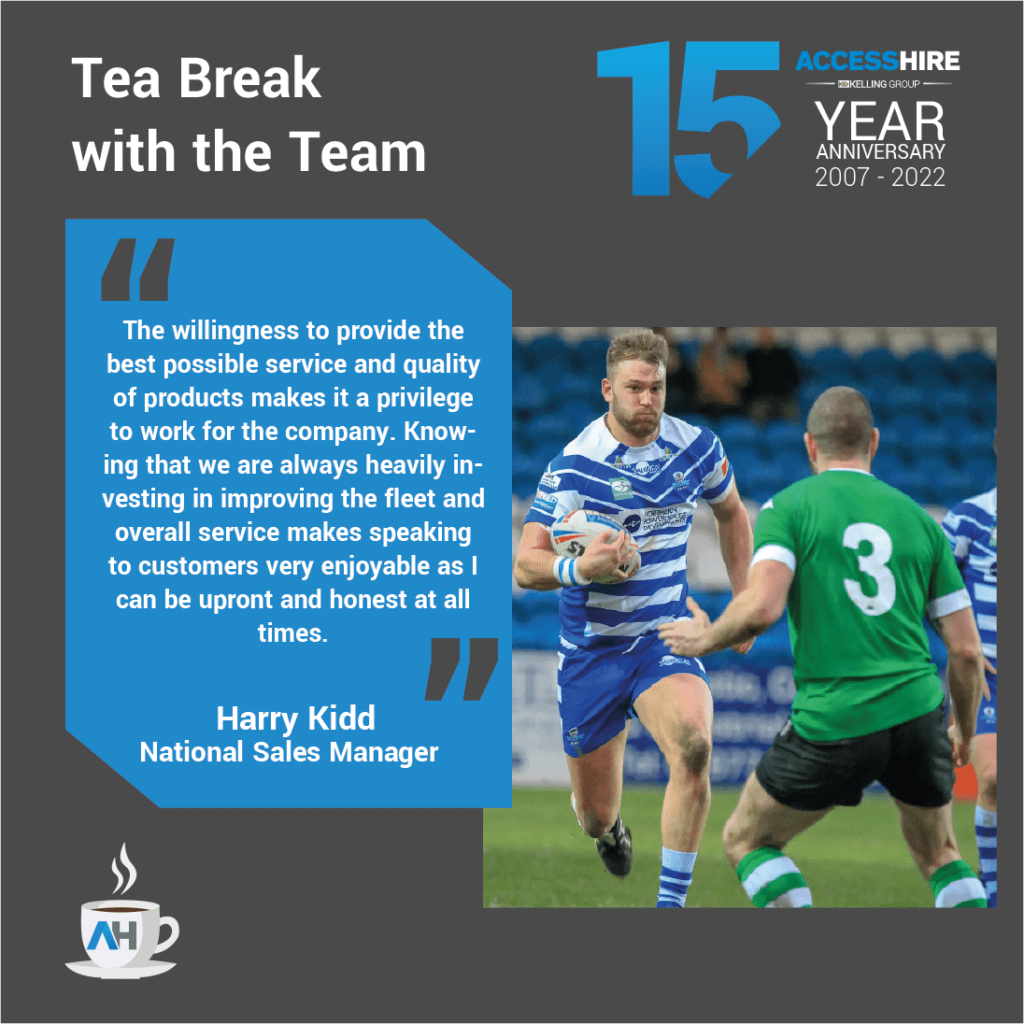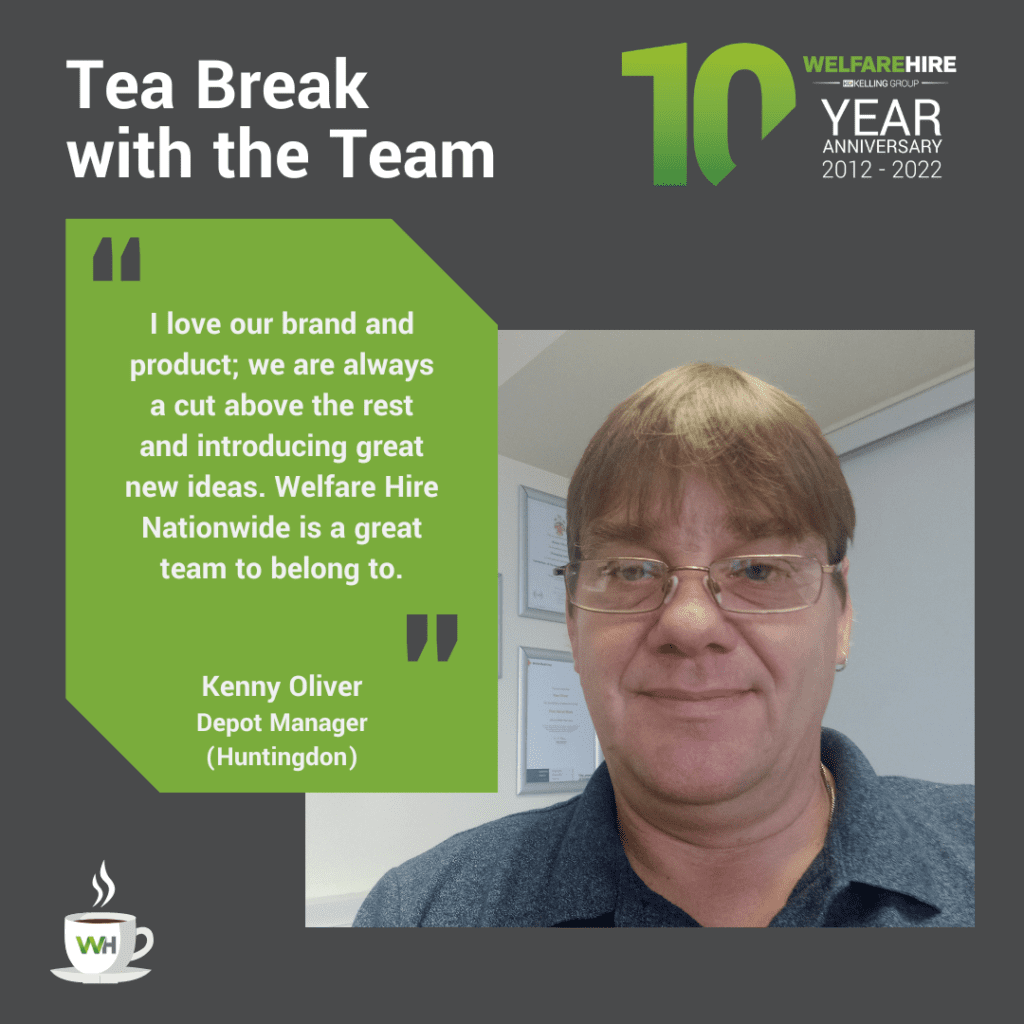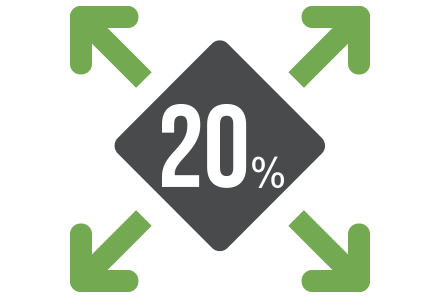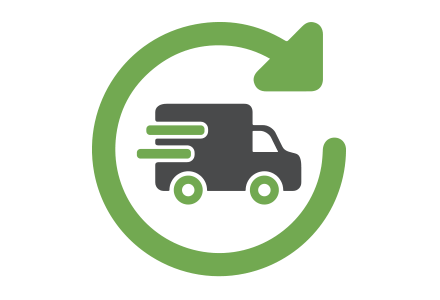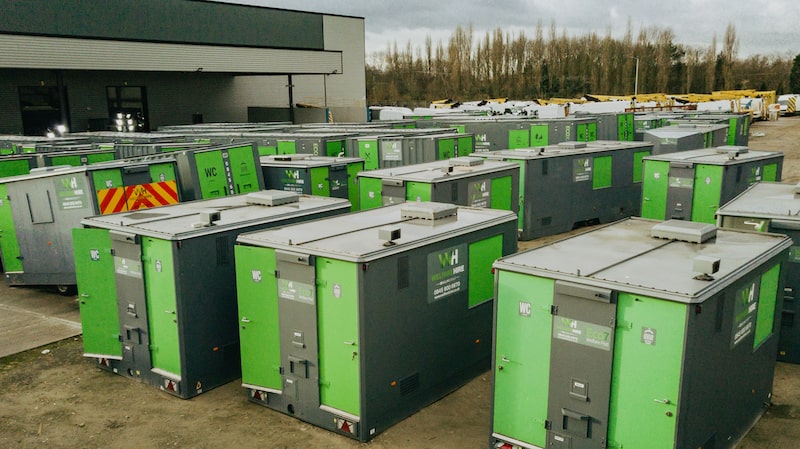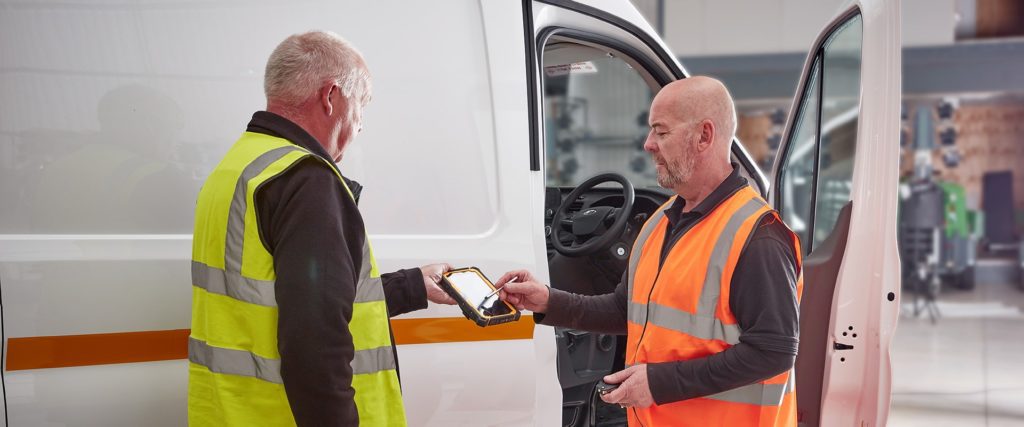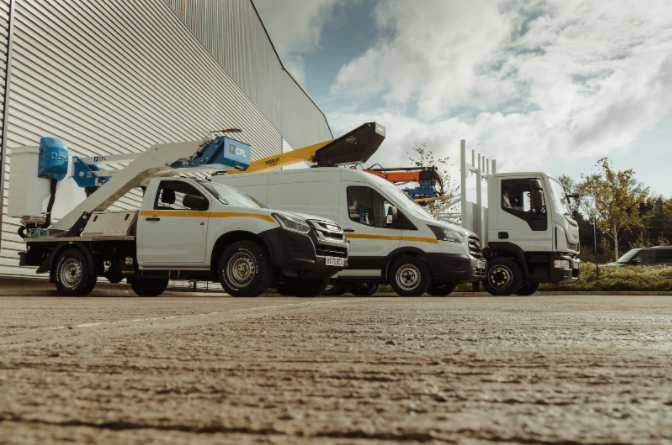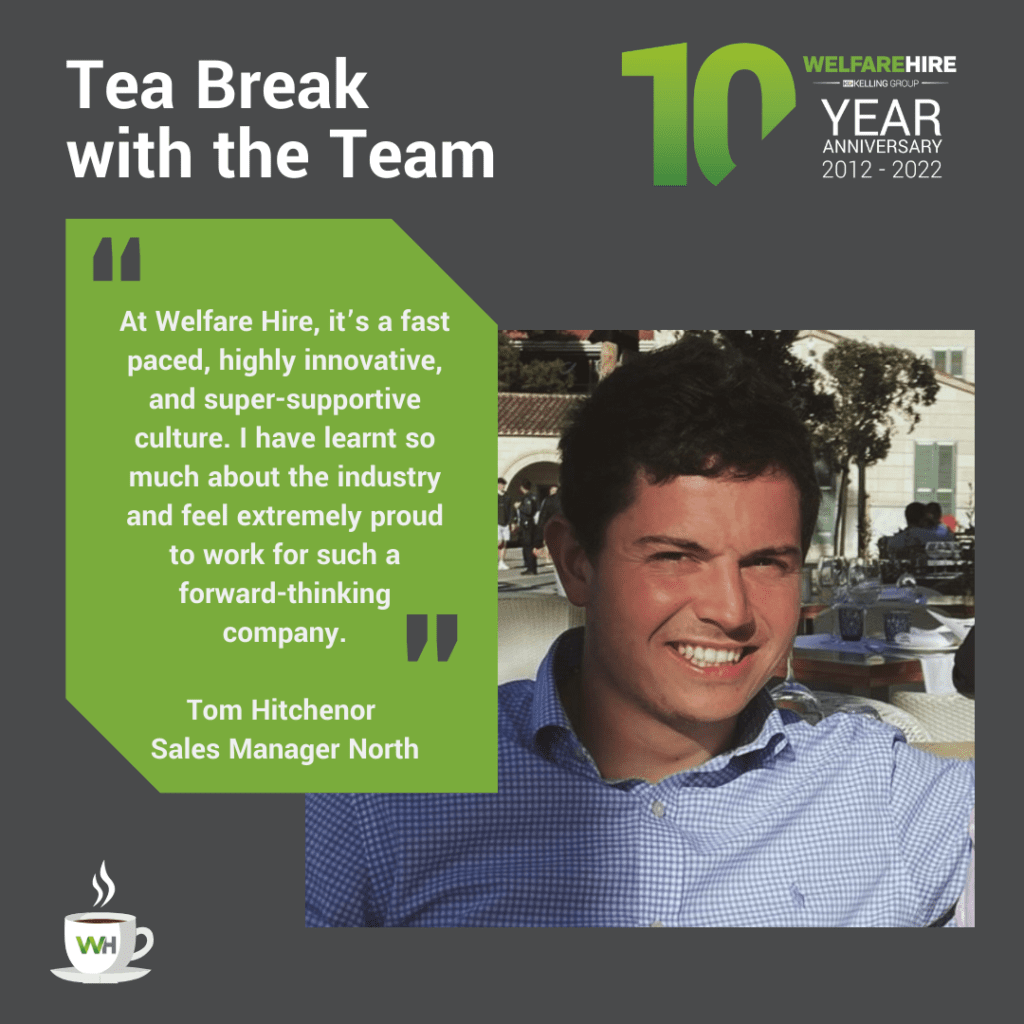Physical safety is among the biggest challenges for the forestry industry. In the last decade, 24 arborists have been killed while working – and nearly 1,400 have suffered an injury¹. It currently ranks as the industry with the most fatal accidents in the UK – with 8 times more than the second placed Construction ².
Of course, some level of risk is inevitable in an industry where individuals are working at heights and operating equipment like chainsaws and often working alone. But there are many decisions project managers and leaders can make to ensure their people are safe and secure.
In this article, we explore five important ways Welfare Hire and Access Hire help equip our forestry partners for improved safety, using our range of vehicle mounted access platforms, mobile welfare units and mobile lighting towers:
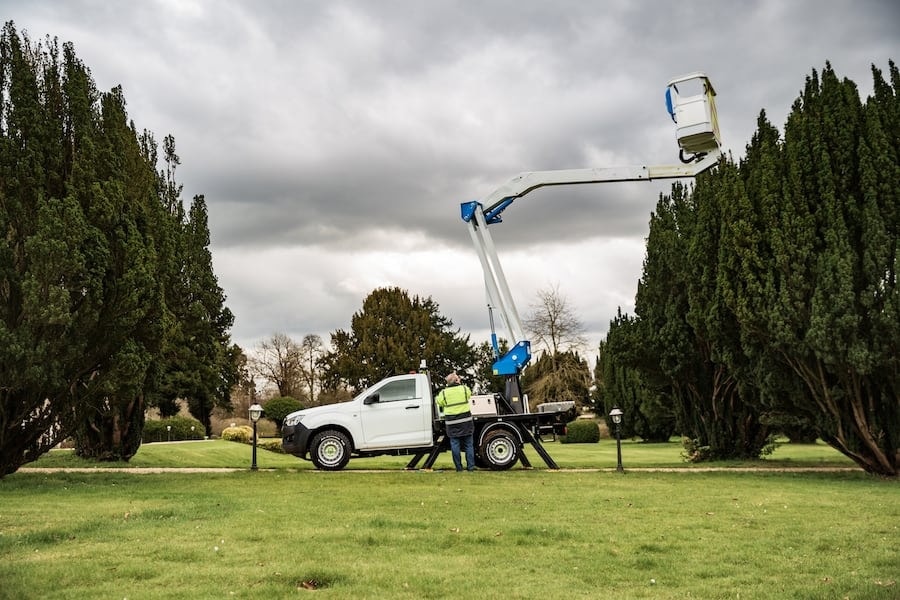
1. Secure vehicles for working at heights
Falling from heights accounts for nearly a quarter of all workplace deaths in the UK³, and is the single most common cause of injury in forestry⁴. This means extra attention needs to be paid to the vehicles and equipment used to undertake such work.
Access Hire’s market-leading Vehicle Mounted Access Platforms provide the robust support workers need to work at heights. With two person baskets and advanced platform controls, workers feel in control and able to navigate challenging conditions with confidence.
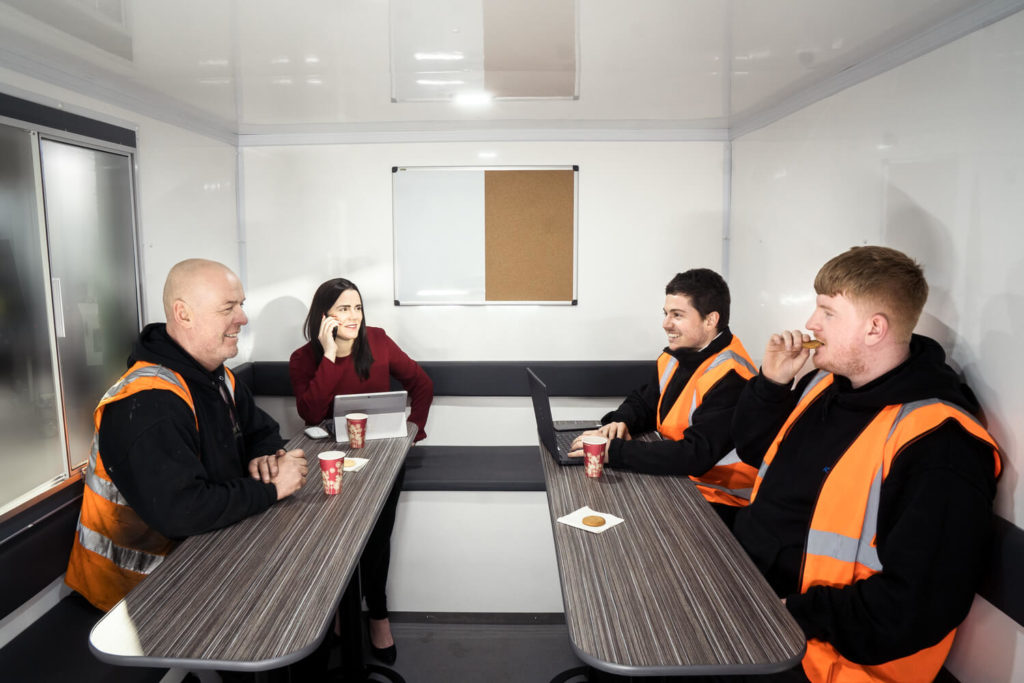
2. Comfortable space to rest
The links between poor quality rest and accidents in the workplace are well established⁵. But in an industry like forestry, onsite errors can lead to far more severe outcomes than most.
Welfare Hire’s innovative mobile welfare units are designed to ensure this is never an issue. They provide up to 20% more internal space for rest, along with a range of vital amenities, comfortable seating and high-quality facilities, so your people are always able to relax during down time and stay present on the job.
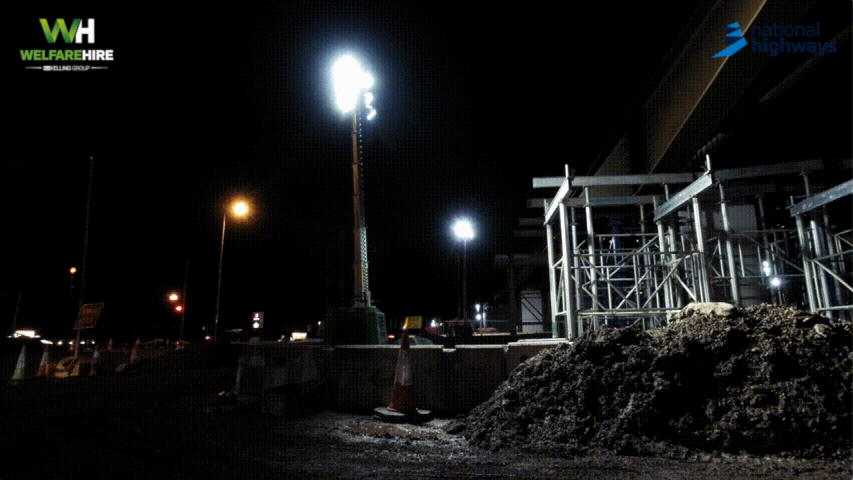

3. High-quality lighting towers
Working during periods without natural light is vital to deliver most forestry projects. But this leaves you vulnerable to lighting failure – which not only causes disruptions, but can lead to health and safety risks.
Welfare Hire’s eco-friendly lighting towers provide the perfect solution, providing high-quality, energy efficient light that allows you to keep the work area properly lit at all times. The X-EcoHYBRID LITHIUM lighting tower, for example, offers a whopping 445 hours of continuous light per refill.
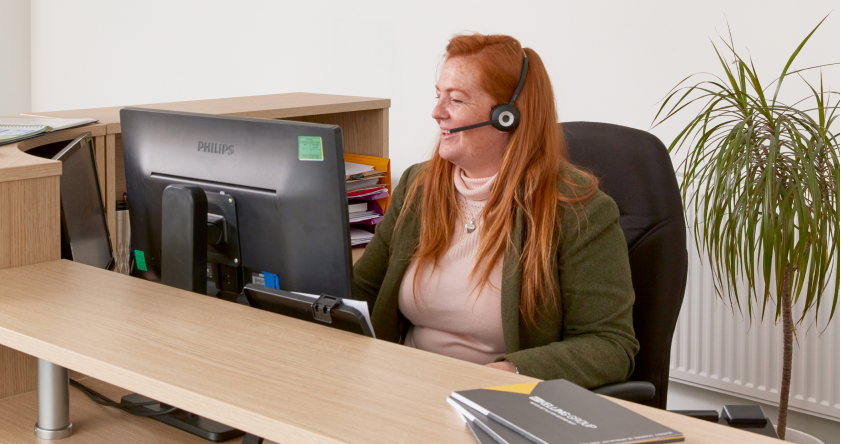

4. Reliable support
Equipment failure causes disruption to forestry projects – especially those that are in very remote, difficult-to-reach locations. But it also presents a risk to onsite safety, as malfunctioning equipment may lead to accidents or errors.
This is particularly so given the environmental challenges faced by forestry projects; in a recent survey, 15% of forestry professionals cited “Mother Nature” as the single biggest challenge they face.⁶
As a result, these businesses must have reliable support on hand to handle any issues their specialist equipment presents. Both Welfare Hire and Access Hire provide just such help, with 24/7 dedicated expert support available to every client
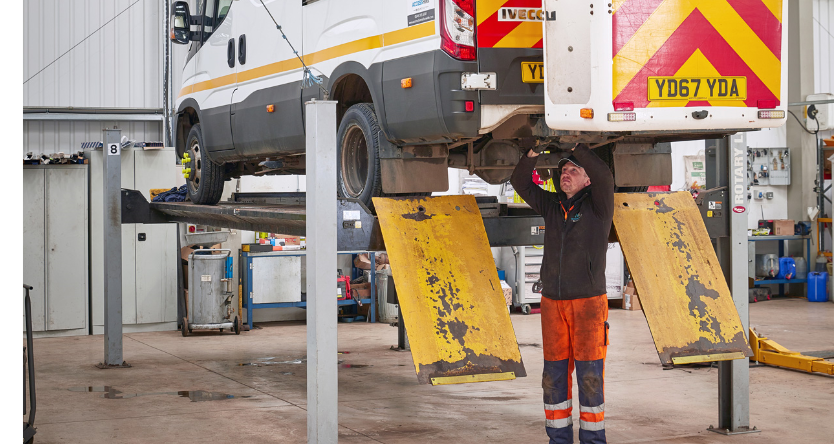

5. Regular service and maintenance
Reliable support is important, but so are preventative measures. That is why Welfare Hire and Access Hire each also pride themselves on providing regular, rigorous maintenance on all of our vehicles that goes above and beyond the regulatory standards.
We take care of LOLER testing of our vehicle mounted access platforms; every welfare unit undergoes a 62-point pre-delivery inspection; every vehicle mounted access platform undergoes a 50-point pre-delivery inspection; and we ensure seamless delivery of every vehicle, to keep our customers working at all times
2.https://www.forestryjournal.co.uk/news/20269825.forestry-among-highest-rate-deaths-work-related-accidents-uk/
3.https://www.hse.gov.uk/statistics/pdf/fatalinjuries.pdf
4.https://www.forestryjournal.co.uk/news/20269825.forestry-among-highest-rate-deaths-work-related-accidents-uk/
5.https://www.ncbi.nlm.nih.gov/books/NBK525209/
6.https://www.treeservicesmagazine.com/tree-care-management/industry-survey-results-2017-outlook/


